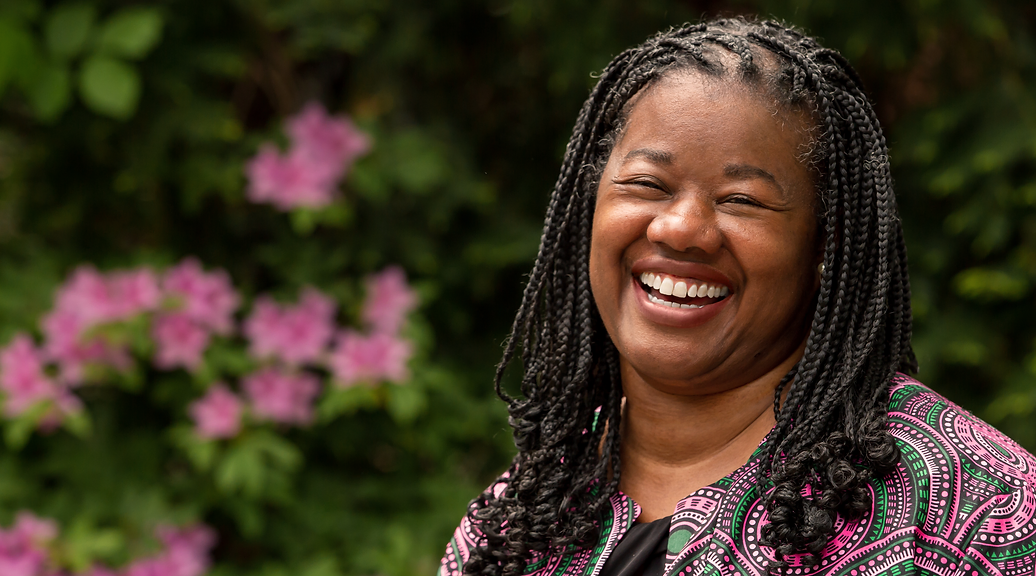
KIM’S HEALTH PLAN
Kim Council’s Plan to Level the Playing Field in Brooklyn’s Health Deserts Through Community Healthcare Practices
Over the past 20 years, more than 1 in 4 of Brooklyn’s hospitals were shut down, with another closure rescheduled due to the COVID-19 pandemic. This is happening mainly in communities of color where there are already too few small practices to handle preventative health needs, with many of the existing practices not accepting Medicaid, creating ‘healthcare deserts.’
Closures:
- Brooklyn Jewish Hospital (Crown Heights) 2003
- Caledonian Hospital (Prospect Park South) 2003
- St. Mary’s Hospital (Crown Heights) 2005
- Victory Hospital (Bay Ridge) 2007
- Long Island College Hospital (Cobble Hill) 2014
- Kingsbrook Jewish Medical Center (East Flatbush), delayed due to the pandemic and rescheduled for July 1, 2022
This has created a dangerous situation where there is:
- Inadequate access to preventative care, let alone a regular doctor
- Overcrowding and understaffing because fewer hospitals must serve more patients
- Distrust because patients are treated like a commodity that needs to be turned over quickly to help the bottom line.
“About 15 years ago, Saint Mary’s hospital began reducing services before ultimately shutting down, while our community was suffering from high rates of diabetes, heart disease, cancer, HIV and obesity. In response, I worked with a physician and a physical therapist to convert the Berean Baptist Church parsonage into an affordable health clinic.” -Kim Council
Kim brought in culturally competent doctors who provided full medical services to 4,000 people annually with no copays. As the Executive Director of the Berean Community & Family Life Center, she also spearheaded community outreach programs to provide workshops on healthy living to over 1,000 people.
For the first time in many people’s lives:
- There was an accessible location for their healthcare needs
- The practice was staffed appropriately to serve the community, including social workers to navigate mental health, social services, and help patients obtain health insurance
- Patients developed a trusted relationship with their doctor, saw the doctor more regularly, and developed healthy habits.
- Patients and community members received additional educational programming about healthy living.
As Borough President, Kim will use data to map where healthcare resources are lacking and scale this ‘community healthcare’ model for neighborhoods where there is insufficient affordable healthcare.
As Borough President, Kim will:
LAUNCH A COMMUNITY HEALTH IMPROVEMENT CORPS:
- Introduce a bill to create a new program, based on the Medical Service Corps, to staff community health clinics with students studying to become social workers. Some of these future social workers will provide counseling to patients, while others will assist patients with accessing services that will improve patients’ health and overall wellbeing.
- Partner with colleges, vocational, and training programs to staff clinics with nurses, medical assistants, physician’s assistants, doulas, and office administrators to allow doctors to focus on medical treatment. The program will also coordinate staff sharing between clinics so that small clinics that don’t need these healthcare workers to be present full time can still benefit from their support and expertise.
- Establish a physician advisory committee to collect feedback on the program, recommend changes, and share best practices.
- Partner with community organizations on healthy habits courses based on programs Kim led at the Berean Family Life Center, including:
- Healthy eating and cooking classes for children and adults
- Exercise classes and athletic programs for children and adults
- Support groups
PILOT SMALL COMMUNITY HEALTHCARE PRACTICES IN LOW OPPORTUNITY NEIGHBORHOODS:
- Identify where accessible healthcare is most lacking, whether it’s hospitals, nursing homes, preventative care, or specialty care, including women’s and pediatric healthcare
- Leverage a portion of Borough Hall’s capital funding allocation to build community healthcare practices for doctors willing to run clinics under two requirements:
- They must take a significant percentage of Medicaid patients
- They must opt in to the Community Health Improvement Corps.
- Create and distribute promotional materials about these community healthcare practices to schools, places of worship, community centers, libraries, and other community gathering places.
HALT HOSPITAL CLOSURES AND FULLY FUND SAFE STAFFING LEVELS:
- File a class-action lawsuit against insurance companies, including Medicaid and Medicare, for reimbursing phone appointments with a doctor at a lower rate than video appointments, which discriminates against those who lack high speed internet access or internet-connected devices.
- Institute a moratorium on hospital, pediatric ICU, and maternity ward closures.
- Mandate minimum staffing levels at hospitals and nursing homes, coupled with increased funding for care.
- Require hospitals to have dedicated liaisons to communicate with primary care physicians and help them obtain their patients’ medical records.
- Advocate for increased funding for facilities that primarily serve low income patients and oppose further cuts to Medicaid reimbursement rates.
- Work with medical boards to require comprehensive education on implicit bias.
IMPROVE ACCESS TO HEALTH PROGRAMS AND EDUCATION ON HEALTHY LIVING:
- Organize block parties across Brooklyn where people can:
- Access free screenings, including mammograms, colonoscopies, blood pressure tests, HIV tests, gynecological exams, and STI screening.
- Get routine vaccinations.
- Get assistance signing up for health insurance and finding a primary care doctor.
- Enjoy healthy cooking demos, free food and entertainment for all ages.
- Participate in exercise class demos and have opportunities to sign up for a variety of healthy living programs, including exercise programs and support groups.
- Help Brooklynites take advantage of existing programs through an expanded constituent services office and dispatch a ‘Mobile Borough Hall’ to every neighborhood to help connect people with resources, including affordable insurance.
- Organize Summer Camp enrollment for families with young children
- Raise awareness about the importance of organ donation.
© 2025 by Kim Council for Brooklyn. All rights reserved.
